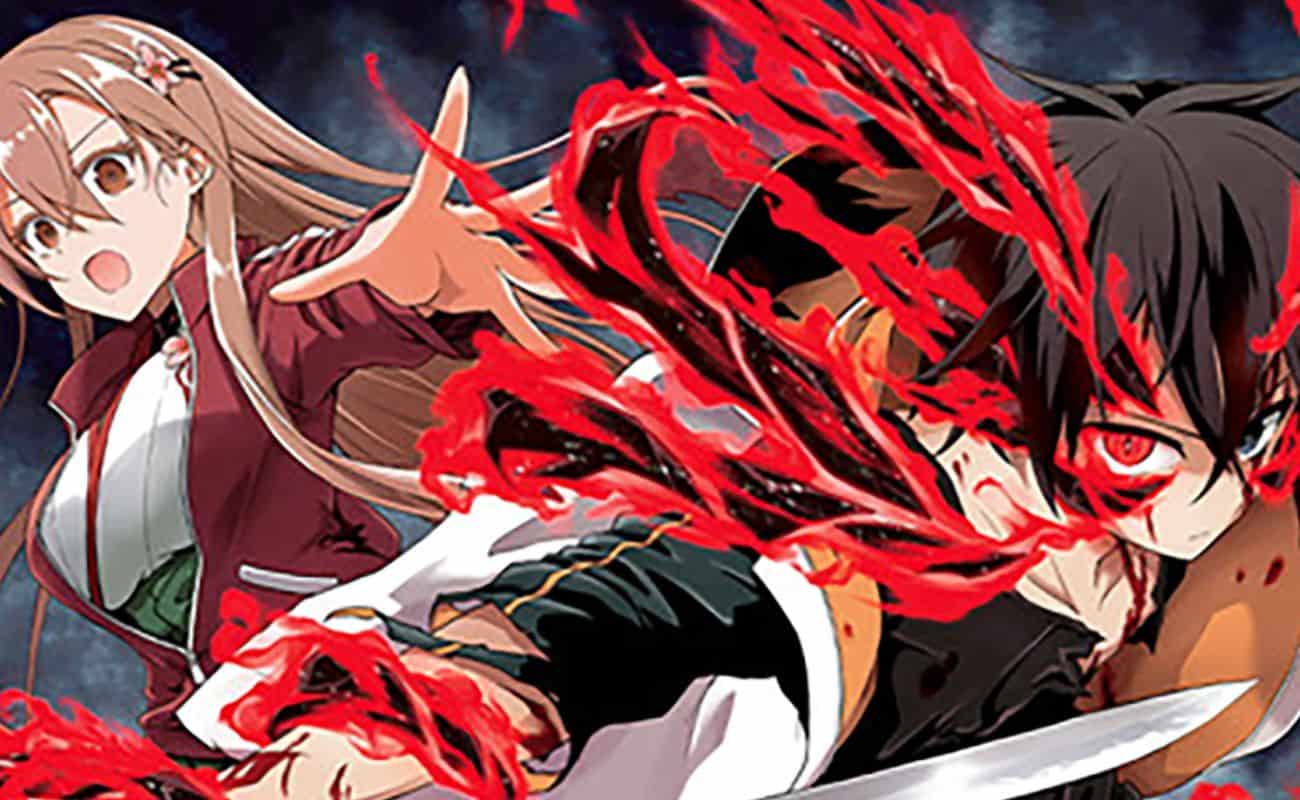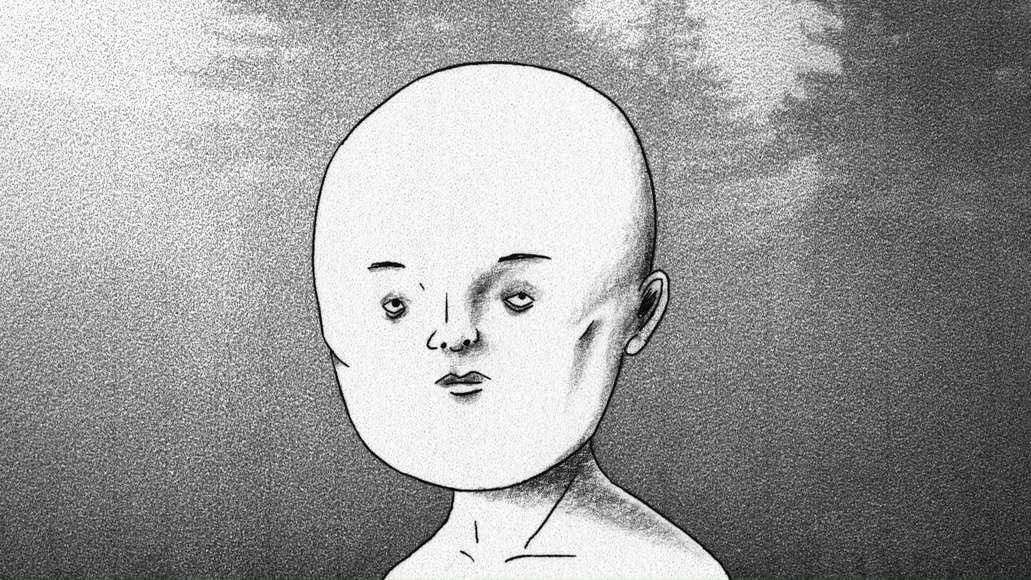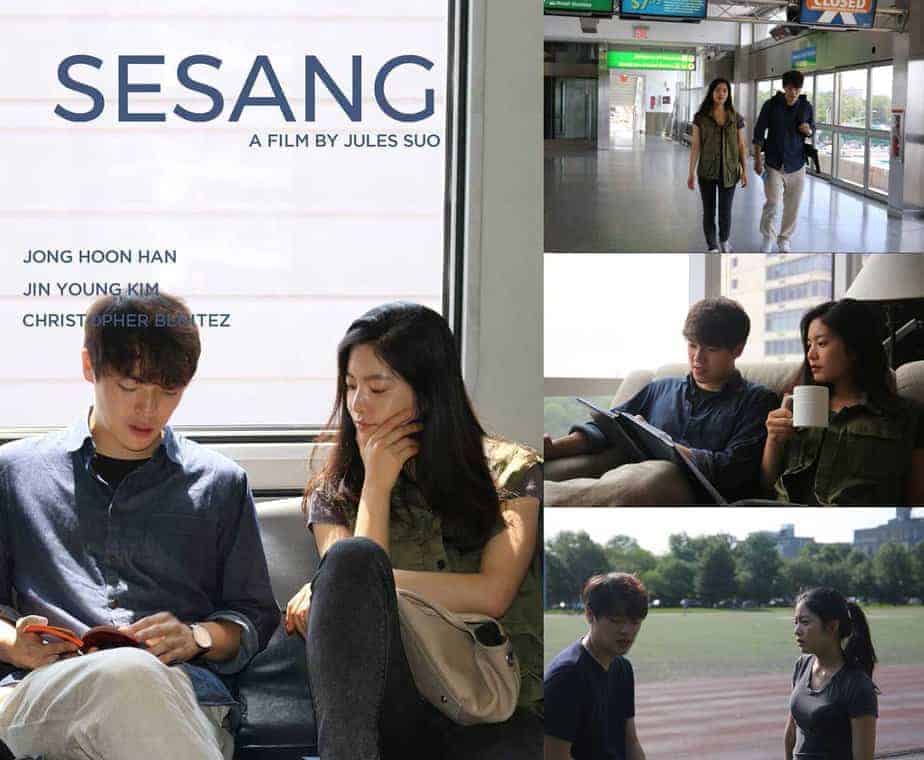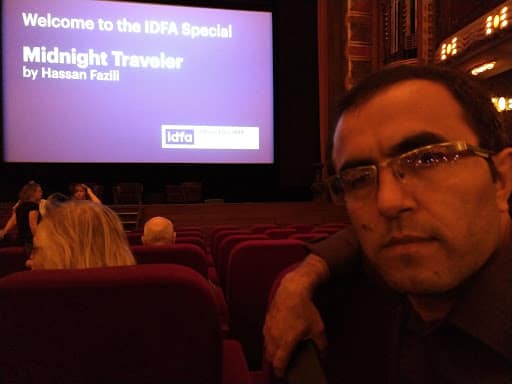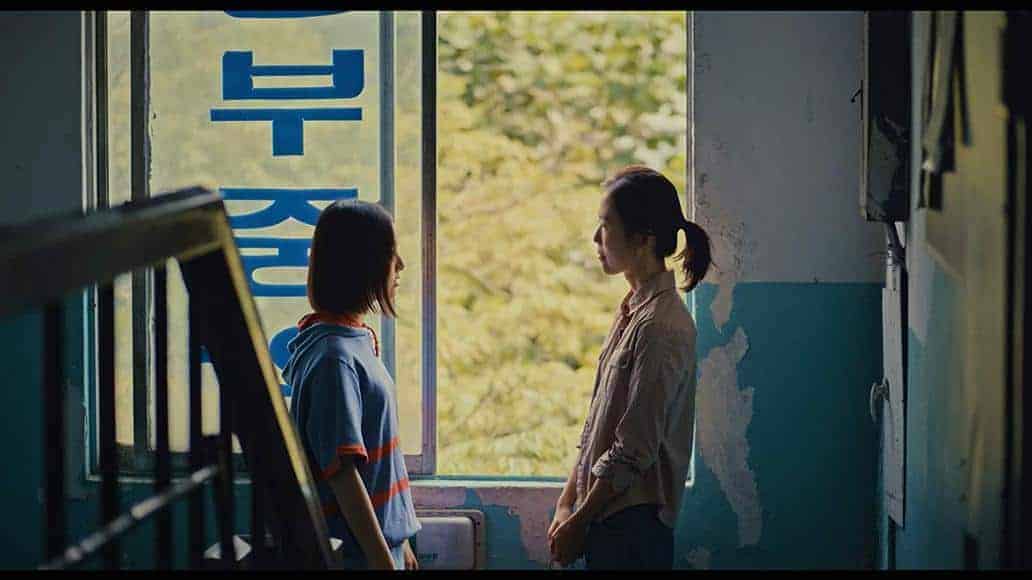Last year I (once again) faced my prejudice towards Kim Ki-duk and watched “The Net”. I found it formulaic, empty and calculative. At least, not many actresses were harmed during the filming. This year, I decided to repeat the experiment with “Grass” by Hong Sang-soo. And yes, I am equally fond of him as I am of Kim Ki-duk. I respect his early work and what it meant for New Korean Film, his soft spot for importance of banalities in everyday life, yet I am anything of a fan of Hong's films made after “Virgin Stripped Bare by her Bachelors”. I just find them unbearably heavy-handed and pretentious. But I also know people can change, plus, well, “Grass” only goes a little over one hour and Kim Min-hee has never been less than amazing. So, what could go wrong, right?
Grass is screening at Art Film Fest Kosice
“Grass” takes on the coffee shop matrix, with locating the narration in a well-hidden coffee place where people meet, have whatever drink and talk, while a young women, Areum (Kim Min-hee) sits in a corner, eavesdropping on them, writing down their little stories. They talk about deceased friends, love, misery, accuse each other of bringing misery and destruction into other peoples' lives. Basically, things they must have been holding on their chest for some time already.
It is not difficult to recognize Hong's handwriting in the series of two-way to three-way conversations, shot sometimes from the point of view that turns out to belong to Areum, and sometimes it substitutes for that of a third viewer – us. Yet, of course, it is not us who decide when and where to look, and for a while it is actually amusing to follow the lead. The whole film is built as a series of single takes of the conversations with intercuts being replaced by camera movements and re-focuses. In a way, it could be a little game of focalisation: do we watch the “real” conversations, or are these a result of Areum's notes and insights? The same way the choice of classical music to play alongside the talks, that would be a great fit for a wide lavish narrative or wild country, is in the end attributed to the coffee place owner's taste in music.
Yet, “Grass” lacks sense of timing and manages to feel much longer than it actually is (with a friend critic we agreed that it felt somewhere between 3 and 5 hours). What to blame? The dialogues that are actually pointless without pointlessness being the point? That the directorial attitude, perhaps motivated by many cheers for the former films, is once again heavy handed, and so very aware that the film “should” have these and those attributes that it becomes shallow and pretentious? The fact that you actually envy the immediate availability of soju (or whatever local with alcohol) with the same intensity you might normally be craving the food while watching Korean films? Somehow, in the end, the only set of dialogues I could rely to are the exchange between Areum's brother and his fiancée about having a drink when to her “It's still afternoon,” he replies “The sun's almost down;” and the odes to drinking soju.



